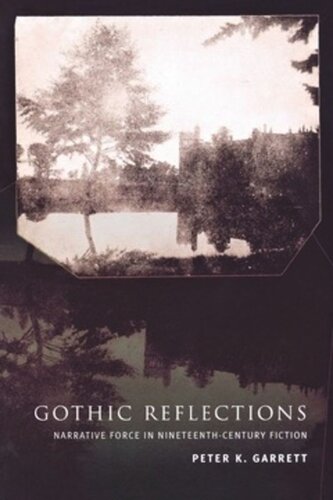

Most ebook files are in PDF format, so you can easily read them using various software such as Foxit Reader or directly on the Google Chrome browser.
Some ebook files are released by publishers in other formats such as .awz, .mobi, .epub, .fb2, etc. You may need to install specific software to read these formats on mobile/PC, such as Calibre.
Please read the tutorial at this link: https://ebookbell.com/faq
We offer FREE conversion to the popular formats you request; however, this may take some time. Therefore, right after payment, please email us, and we will try to provide the service as quickly as possible.
For some exceptional file formats or broken links (if any), please refrain from opening any disputes. Instead, email us first, and we will try to assist within a maximum of 6 hours.
EbookBell Team

4.4
72 reviewsThe Gothic has long been seen as offering a subversive challenge to the norms of realism. Locating both Gothic and mainstream Victorian fiction in a larger literary and cultural field, Peter K. Garrett argues that the oppositions usually posed between them are actually at work within both. He further shows how, by offering alternative versions of its stories, nineteenth-century Gothic fiction repeatedly reflects on narrative force, the power exerted by both writers and readers.Beginning with Poe's theory and practice of the Gothic tale as an exercise (or fantasy) of authorial power, Garrett then reads earlier eighteenth-century and Romantic Gothic fiction for comparable reflexive implications. Throughout, he stresses the ways authors doubled both characters and narrative perspectives to raise issues of power and authority in the tension between central deviant figures and social norms. Garrett then shows how the great nineteenth-century monster stories Frankenstein, Dr. Jekyll and Mr. Hyde, and Dracula self-consciously link the extremity and isolation of their deviant figures with the social groups they confront. These narratives, he argues, move from a Romantic concern with individual creation and responsibility to a Victorian affirmation of social solidarity that also reveals its dependence on the binding force of exclusionary violence. The final section of the book extends its investigation of Gothic reflections on narrative force into the more realistic social and psychological fiction of Dickens, Eliot, and James.